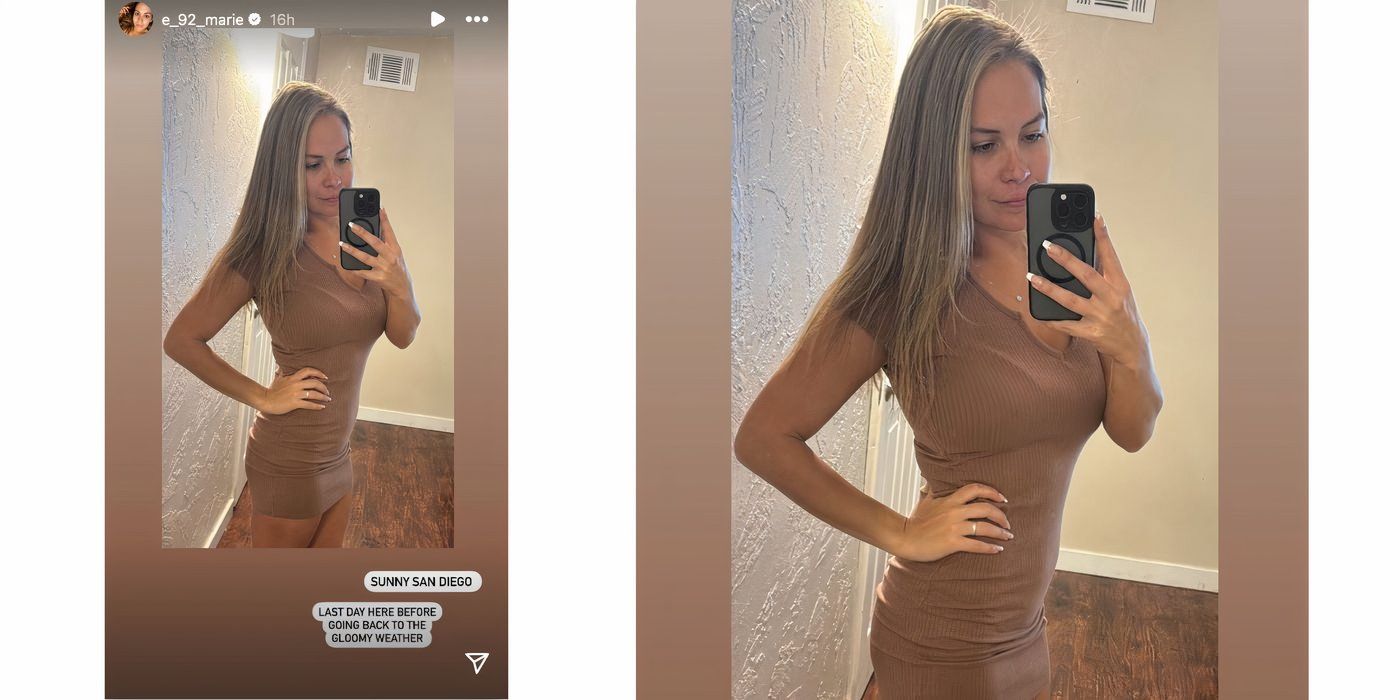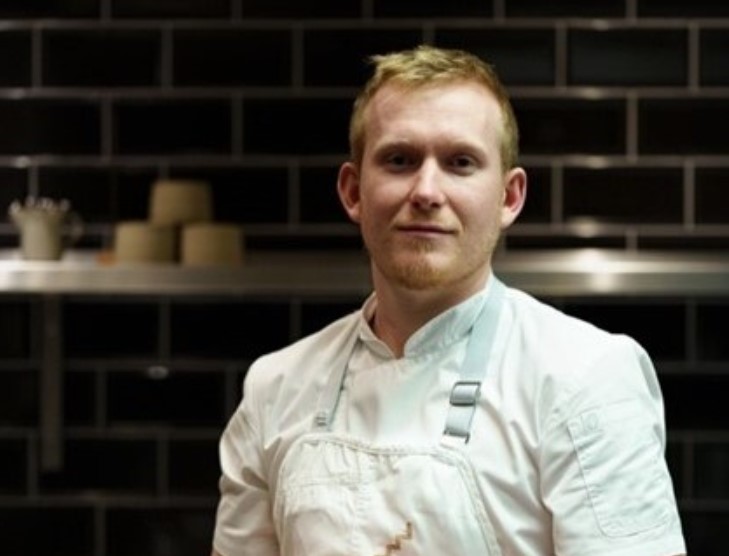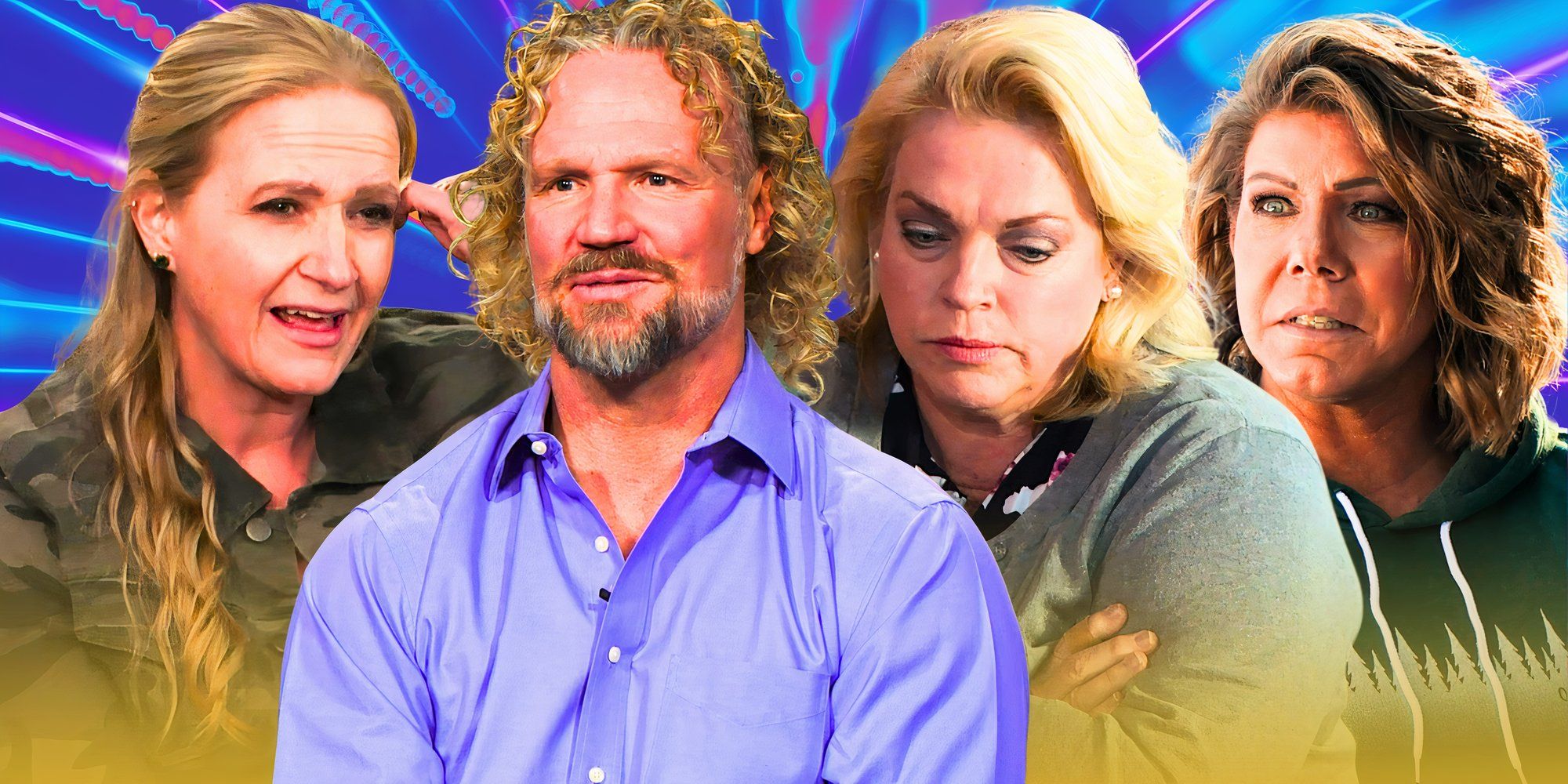When Emily Maitlis announced that she was stepping down from an illustrious career as the BBC’s lead news broadcaster to launch a podcast, many in the media were shocked. Sixteen months of smashing audience ratings, landing exclusives and collecting awards later, and Maitlis’ decision has been more than vindicated. The News Agents, which sees Maitlis and her former co-anchor Jon Sopel blend reporting and sharp analysis in an unscripted daily digest, has become appointment listening.
Meanwhile, her explosive 2019 Newsnight interview with Prince Andrew is being adapted into Netflix film Scoop, which will see Emily Maitlis played by Gillian Anderson. “I have teenage sons, so that was hormonally complicated,” Maitlis jokes. “But I’ve stayed right away from the project, actually. I haven’t seen the script. She could be playing me as a dipsomaniac, for all I know.”
You’ve talked about “the exhalation” of being able to talk more freely since leaving the BBC. Is that why people are tuning into the podcast?
I think so. We are less buttoned up, a bit more unvarnished. The language has got a bit coarser. Sometimes I’ve watched the clips our social teams put out and think, Oh, I didn’t actually know what I was going to say there. Whatever you hear is organic.
“Mainstream media” has become quite a pejorative term…
It’s got a slightly dark overtone to me. I don’t like the idea that we use “mainstream” to mean it’s fake news, or that they’re not telling us stuff. I find that a little bit Trumpian and scary. I love the fact that we have a robust, vigorously investigative BBC. But if we’re talking about the shake-up that comes from audiences getting their news in different ways… I think that’s amazing.
You’ve covered how GB News pushes the limits of the Ofcom regulations. Could this be the end of impartiality?
It might be misplaced, but I am pretty confident that won’t happen. I think most people in the country remain pretty centred in reality. We’ve got our sanity as a nation still, whereas I think America has lost it, quite frankly. Would I like to see Ofcom work out their own role in relation to what GB News are doing? I said on the podcast, I think it’s important that we understand the regulation around it. And what I’m talking about isn’t even right or left. It’s are you grounded in facts? Are you grounded in evidence? Do you want to invite people on who just spout misogyny and call climate change a hoax? It’s about a war on objective truth. And that’s not something I’m happy to see flourish.
There was a thought exercise in your 2022 McTaggart Journalism lecture: what would happen today if [segregation-ending US legal case] Brown v Board of Education was overturned. Does anything today come close to that, where staying neutral would be irresponsible?
It has so much to do with the Overton window. I could not have believed 10 years ago that we would be talking about abortion rights in the US. I don’t call that progress. But I can see that this is where [political acceptability] has shifted, because America has moved to the right, at least in legal terms, with the appointment of the three newest Supreme Court judges. It’s not Brown v Board of Education, but it’s not a million miles from something we thought was unthinkable.
What did you make of the memes about your Prince Andrew interview – “I can’t sweat,” “Woking Pizza Express” and so on?
I think if I’d tried to drag those things out of him, I would have felt horrible. But actually, they were very much things he wanted to offer up. He brought them to the table. That was the beauty of that interview, I think: it was mostly him. But it’s always been important for me to trace this back to Epstein and Epstein’s victims. There was so much harm that came from that man; the person you really wanted to interview was Epstein himself.
Did you know that it was going to be such a big moment for the country?
I didn’t. I never think, I am broadcasting to the nation – it just sounds too pompous. But I did think, If we get this right, it will raise a lot of questions and could potentially change the status quo. And it did both of those things.








